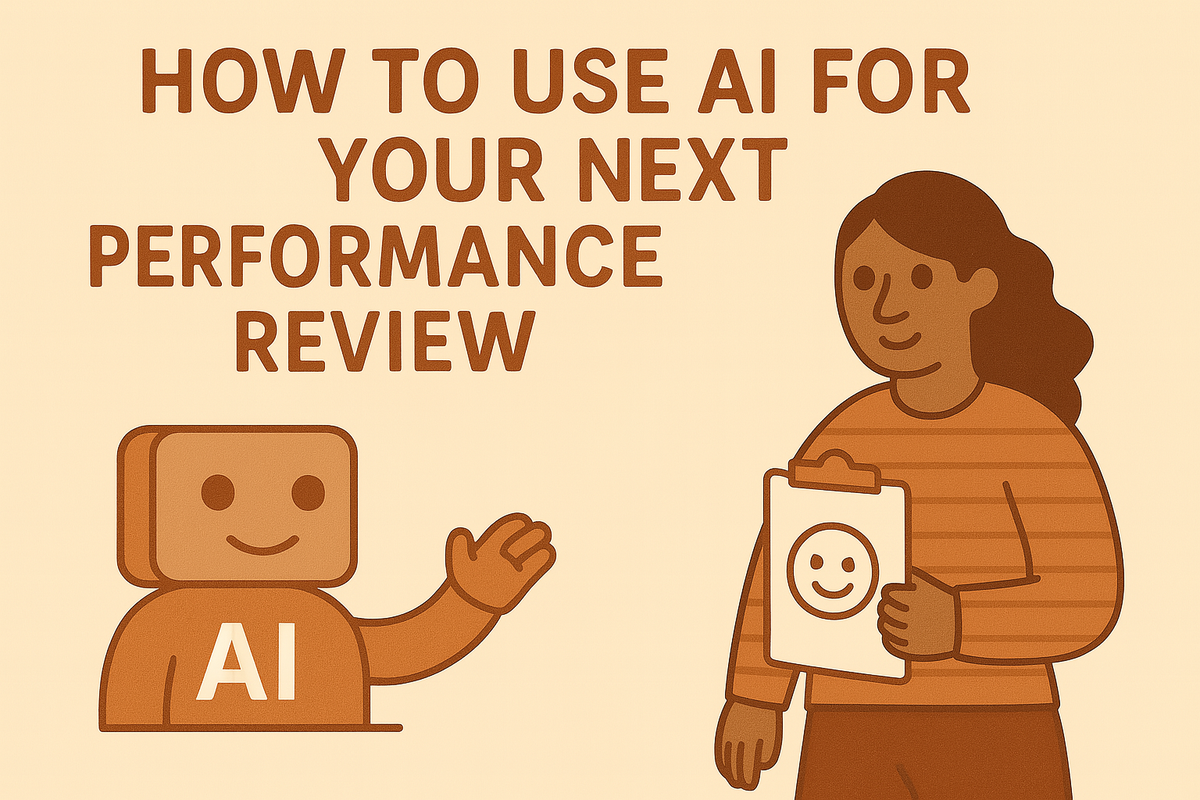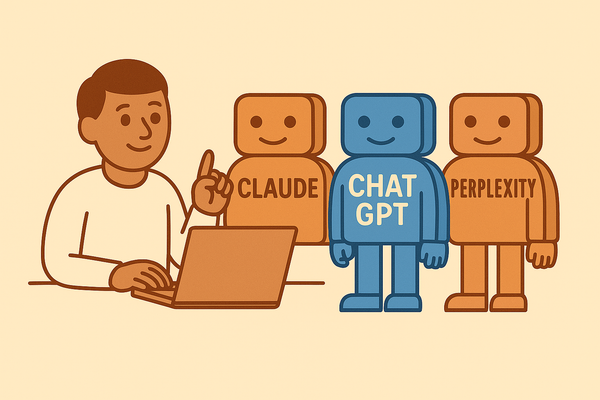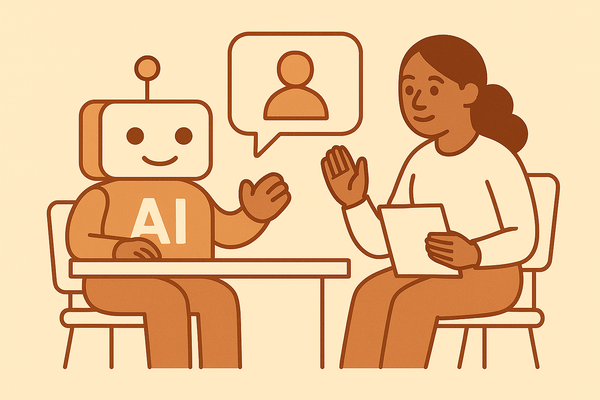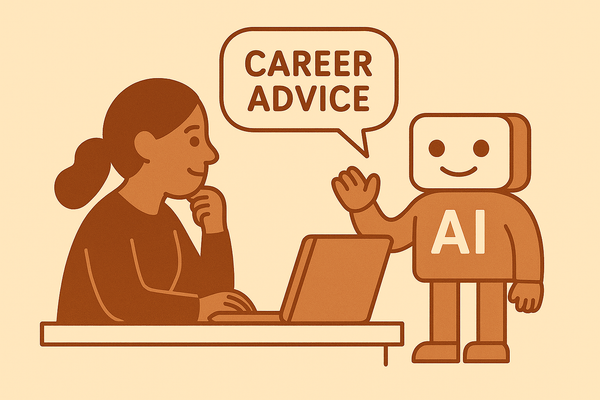How To Use AI For Your Next Performance Review
Three levels of AI applications that go way beyond "rewrite this plz".

A friend recently told me their boss used ChatGPT to write their performance review this week.
They were surprised their boss mentioned it. But it got me thinking: what are some ways you can use AI for your own review?
Table Stakes: The Obvious Stuff
If you don't have a doc that you use to keep track of accomplishments: try this. Find a dictation app (I love Wispr Flow wisprflow.ai/r/WISPR4067) - go through your calendar, emails, project management tools, etc and just start talking about everything you've been working on.
After that, paste it into your AI tool of choice - ChatGPT, Claude, etc doesn't matter. Use this prompt:
"Here is everything I've been working on, please organize it into themes and ask me follow up questions for me to give more context so I can get more specific and deeper. Also identify patterns about my work that might not be immediately obvious for me to highlight in my review."
That should give you a good baseline to start. "You consistently get praised for communication under pressure" or "People always mention how you simplify complex topics." These patterns become how you position yourself.
This all might sound like a lot of work, but that's the beauty of using AI to dictate your speech. It's much easier to get in flow state and you can speak significantly faster than you can type.
If you're not doing at least this much, start here.
Strategic Connections: Tie to Company Goals
The next level is tying your accomplishments to your company's goals.
Find your company's annual priorities, strategic objectives, or key initiatives. If your company has specific values or a framework you're always rated against, that's exactly the type of information you should include. Paste those into the AI in addition with your notes from the first step.
Ask AI: "Here are our top company objectives this year and here's what I accomplished. How does my work connect to these bigger goals?"
It'll spot connections you missed. That process improvement you made supports the "operational efficiency" initiative. That cross-team project advances "breaking down silos." The client relationship you rebuilt aligns with "customer retention" goals.
This transforms your review from a list of tasks into a story about impact. Instead of "I improved the onboarding process," you get "I streamlined onboarding to support our 40% hiring growth target, reducing time-to-productivity by two weeks."
You can also ask: "Based on these accomplishments, what behind-the-scenes value am I creating that I'm not documenting?" AI might identify that you're the person who keeps projects on track when they get complicated, or that you do a lot of relationship building between departments. This invisible work often matters more than the visible tasks.
Creative Applications: Beyond the Obvious
If you're ready to take it even further, here's one more idea to try:
Reverse-engineer your manager's style. Take emails, feedback, or previous reviews from your manager (make sure to anonymize or remove any sensitive information first). Give the AI any additional context you think would be good to know (like their role, etc).
Then ask: "Based on this communication style, how should I frame my performance review? What language resonates with this person? What level of detail do they prefer? What questions would they have? What seems unclear?"
If your manager is pretty data-driven, AI might suggest leading with analytics. If they're relationship-focused, it might recommend emphasizing collaboration stories. The more context you give it, the better result and guidance it'll provide.
The Real Edge
Most folks today are just using AI to clean up what they already wrote. These approaches use AI to think more strategically about your work and prepare more thoroughly for the conversation.
Your manager isn't doing this level of preparation. Your colleagues definitely aren't.
Pick whatever level makes sense for where you are, but don't stop at table stakes. The higher levels are where you actually get ahead.




